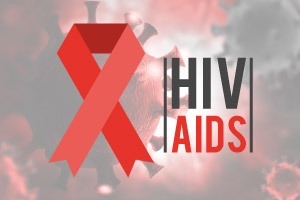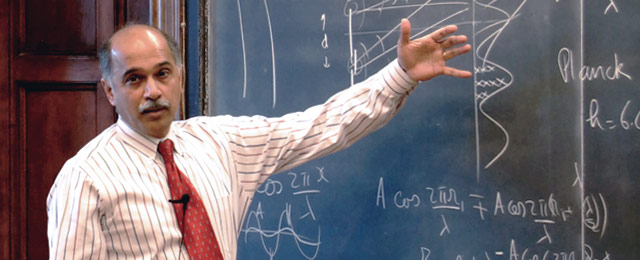Online courses directory (423)
This class is the second half of an intensive survey of cognitive science for first-year graduate students. Topics include visual perception, language, memory, cognitive architecture, learning, reasoning, decision-making, and cognitive development. Topics covered are from behavioral, computational, and neural perspectives.
This course takes a 'back to the beginning' view that aims to better understand the end result. What might be the developmental processes that lead to the organization of 'booming, buzzing confusions' into coherent visual objects? This course examines key experimental results and computational proposals pertinent to the discovery of objects in complex visual inputs. The structure of the course is designed to get students to learn and to focus on the genre of study as a whole; to get a feel for how science is done in this field.
This course will discuss HIV/AIDS in the US and around the world including its history, science, and culture as well as developments in behavioral and biomedical prevention, experimental AIDS vaccines, and clinical care issues. The course will also include a discussion of the populations that are particularly vulnerable to HIV/AIDS and a look at future challenges facing people infected and affected by the AIDS pandemic.
<p>This online course - HIV/AIDS - Awareness & Prevention - uses a straightforward style to deliver a clear and effective basic AIDS awareness education program. </p> <br /> <p>It covers basic information about HIV/AIDS, from having a HIV test to living with HIV or AIDS. </p> <br /> <p>Being aware of this disease is the first step in taking action. </p>
This is a discussion-based interactive seminar on the two major issues that affect Sub-Saharan Africa: HIV/AIDS and Poverty. AIDS and Poverty, seemingly different concepts, are more inter-related to each other in Africa than in any other continent. As MIT students, we feel it is important to engage ourselves in a dynamic discussion on the relation between the two - how to fight one and how to solve the other.
Survey and special topics designed for students in Brain and Cognitive Sciences. Emphasizes ethological studies of natural behavior patterns and their analysis in laboratory work, with contributions from field biology (mammology, primatology), sociobiology, and comparative psychology. Stresses human behavior but also includes major contributions from studies of other animals.
5.33 focuses on advanced experimentation, with particular emphasis on chemical synthesis and the fundamentals of quantum chemistry, illustrated through molecular spectroscopy. The written and oral presentation of experimental results is also emphasized in the course.
Acknowledgements
The materials for 5.33 reflect the work of many faculty members associated with this course over the years.
WARNING NOTICE
The experiments described in these materials are potentially hazardous and require a high level of safety training, special facilities and equipment, and supervision by appropriate individuals. You bear the sole responsibility, liability, and risk for the implementation of such safety procedures and measures. MIT shall have no responsibility, liability, or risk for the content or implementation of any of the material presented.
Legal Notice
Other Versions
Other OCW Versions
Archived versions: ![]()














